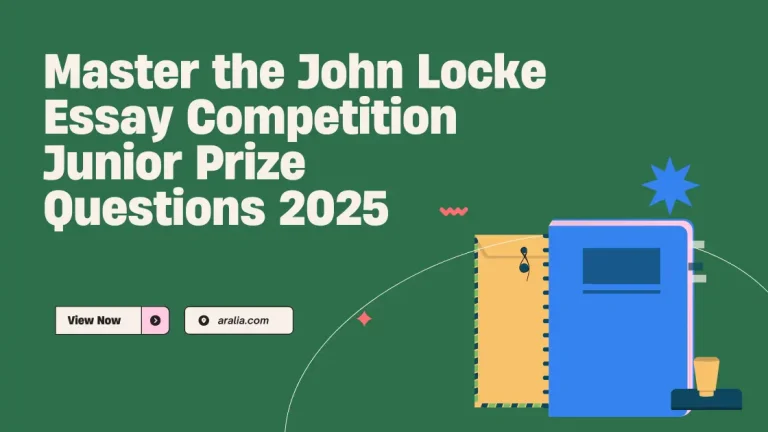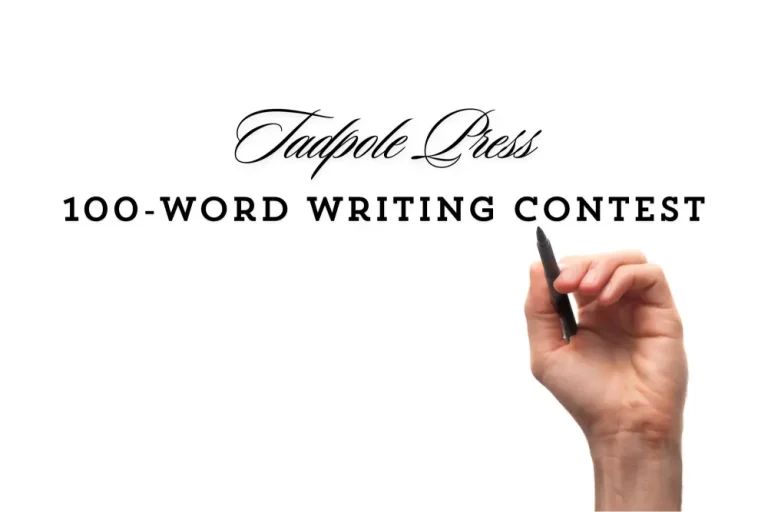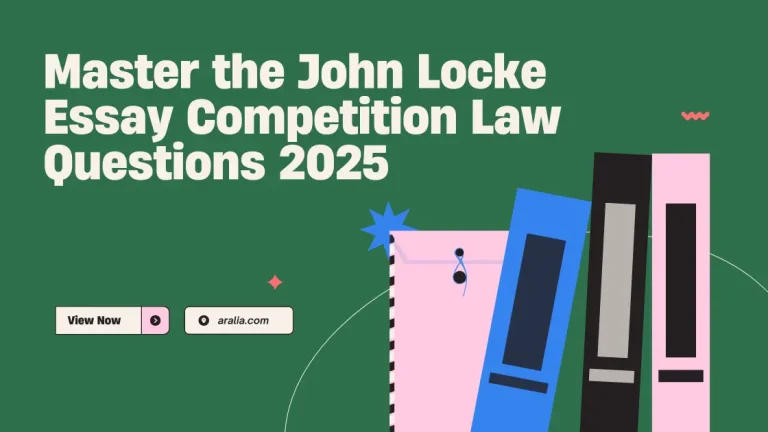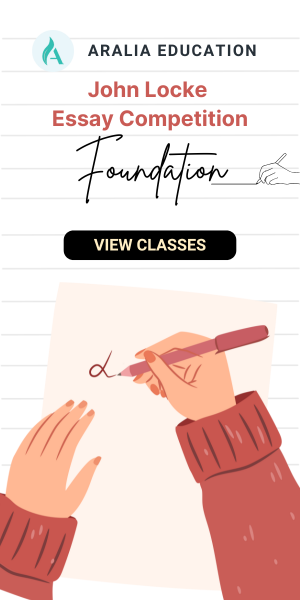1. Introduction to the HIR
Founded in 1979, Harvard International Review (HIR) is a quarterly magazine about international affairs by a journalist organization made up of Harvard University students. Since its founding in 2020, Harvard International Review has hosted an HIR Academic Writing Contest (HIR AWC) for high schoolers interested in international affairs. Students compete by writing short-form articles like those published in the Harvard International Review.
For 2024, students have two Harvard International Review Academic Writing Contest Themes to choose from:
- Inequalities in a VUCA (Volatile, Uncertain, Complex, and Ambiguous) World
- Global Challenges and Collective Actions
Deadlines:
- Spring: May 31, 2024
- Summer: August 31, 2024
- Fall/Winter: January 2, 2025
Students should not wait until the last autumn and winter deadline. The number of participants in the last quarter is likely to be very high, which may reduce your chances of winning.
We have also released the complete guide to the Harvard International Review Academic Writing Contest.
Why should students participate in the competition?
The competition typically emphasizes evaluating students’ writing skills, critical thinking, research capabilities, and ability to connect micro-level events to macro-level themes.
For beginners, the HIR competition provides a structured writing task with specific questions requiring direct answers. The broad themes offer flexibility, allowing students to engage in in-depth research and writing practice, even if they have never participated in similar competitions.
For more experienced students, the competition allows them to refine their writing skills within the relatively short character limit of 1,200 words.
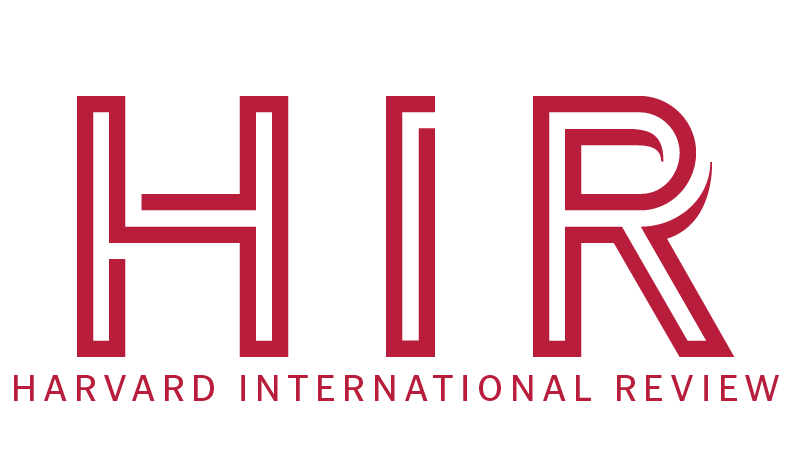
2. Guide to HIR Theme A: Inequalities in a VUCA World
“VUCA” stands for Volatility, Uncertainty, Complexity, and Ambiguity. This theme explores how the instability and unpredictability of today’s world affect or are affected by inequality. Approaching this essay, students should first identify a type of social divide that constitutes inequality. A “social divide” refers to any characteristic distinguishing one group of people from another.
Examples include inequalities between countries and divides based on gender, race, ethnicity, religion, socioeconomic class, caste, and sexual orientation.
After selecting a specific social divide, the second step is to consider how “VUCA” factors—volatility, uncertainty, complexity, and ambiguity—affect or are affected by these social divides. Students can start by discussing whether things are improving or worse and then delve deeper into the specifics.
The third step is to discuss what measures the world is taking to address these developments, what measures are not being taken, and why.
Finally, in the fourth step, students should discuss the future prospects of these inequalities and efforts to address them.
One example that can help students get started with writing for the first theme is Artificial Intelligence and Economic Inequality, a long-standing global issue. Economic inequality, in combination with high-skilled AI systems, can be used as an example of how new technology introduces volatility, uncertainty, complexity, and ambiguity into the job market. We can then incorporate academic research, government reports, and media coverage to demonstrate how AI might exacerbate inequality by eliminating jobs currently performed by low-skill, middle-skill, and artistic workers. AI is also disproportionally impacting artists because AI is far cheaper than hiring an artist—this means that artists are either losing their jobs to AI or having to lower their rates to unsustainable levels to compete.
Following this, we can discuss how people are responding to this challenge. This includes measures such as government regulations and workers striving to learn new AI-related skills to become more competitive in the job market.
3. Guide to HIR Theme B: Global Challenges and Collective Actions
This theme focuses on the contradictions in our world and the efforts people make to resolve them.
The first step in writing this essay is to choose a specific “global challenge.” There are many challenges, including discrimination, famine, natural disasters, disease, climate-related displacement, and conflicts arising from inequalities between different groups. As it is important to write about something different than what mainstream news is reporting on—either in terms of topic or from a different angle—these other challenges are important for students to consider when deciding their specific topic.
The second step is to consider efforts to address these challenges through organization and attempts to affect large-scale change. Students need to identify not only what people are doing but also how and why they are organizing. This is a great opportunity to familiarize themselves with social science research on social movements and mobilization and use it to explain how people organize and stay mobilized to drive change.
The third step is assessing students’ progress in addressing these challenges. When writing about this theme, it’s important to keep an open mind because, while there are many challenges, not all attempts at collective action succeed—and even those that do often have more complexity than meets the eye, are only conditionally successful, or are only successful in some sectors (i.e., they can be successful in terms of creating legislation, but not in changing public or private sentiment). This theme does not require students to discuss only successful collective actions, so they should think deeply about why some attempts at change fail. Then, students can reflect on why certain forms of collective action can (or cannot) make progress in addressing global challenges.
Finally, students can discuss the future prospects of these “collective actions” and attempts to cause global change.
4. Evidence, sources, and preparation in writing HIR competition essays.
Firstly, students should begin reading some English-language publications such as The Economist, The Atlantic, The New Yorker, and the Financial Times. These publications provide extensive coverage of current events and are renowned for their high-quality analytical writing.
By reading these materials, students can broaden the range of resources they use and gain a deeper understanding of what is happening worldwide.
These publications are examples of primary sources and are very suitable for research for such essays. Students can also use other primary sources, such as government documents and newspapers.
Furthermore, students should make use of academic research conducted by professional scholars. For the HIR, academic research resources are especially important because they demonstrate to the judges that students know how to use reliable sources based on rigorous research.
5. Topic selection strategies for the HIR competition
Two things should drive the choice of essay topic:
- The amount of knowledge students already have on the topic.
- The goals of the students and their parents.
You can choose a topic you are relatively most knowledgeable about. This approach allows you to write the essay more quickly and efficiently than choosing an unfamiliar topic. On the other hand, students can choose to write about topics they are unfamiliar with or have always been interested in but never had the time to research.
Another important factor in deciding the topic is your purpose and goals for participating in the competition. Are you aiming to achieve a good grade and win an award? Or are you looking to master a new skill? Do you want to create a writing sample for applications or simply to challenge yourself? Every student has different goals for entering the competition, so before choosing a topic, it is important to ask yourself why you are participating.
6. Academic research and writing techniques for the HIR competition.
We will also go over two important central elements in essay writing: evidence and argumentation. A well-written essay needs a solid evidence base and a rigorous argumentation process.
In writing, we should not simply list facts but present them in a specific and intentional order. The sentences and paragraphs surrounding these facts should explain their significance to the reader.
Another key aspect is learning to utilize various resources for comprehensive and in-depth research, including primary and secondary sources. Sometimes, this research spans multiple disciplines.
Third, students should cultivate effective organizational and planning skills essential for successfully writing an essay. This includes organizing research materials, taking effective notes, and completing work efficiently and on time.
When writing historical papers, details are crucial in terms of research and essay content. Students must confirm the legitimacy of their arguments and facts before submitting their essays to the HIR Competition. Therefore, every essay to undergo multiple rounds of proofreading and revision after completion.
7. Which theme would be easier to write?
Topic B is the easier topic for this year, because its scope is narrower than Topic A. Therefore, for students who want to complete their paper quickly, or who have less experience in writing papers, it would be easier to choose Topic B.
When considering which type of paper topic is “easier” or “more difficult,” a good method is to consider the possible scope of the paper topic. An article written on Topic B, “Global Challenges and Collective Action,” immediately narrows the scope to examine conflicts and attempts to resolve them. An article on Topic A, “Inequality in a VUCA World,” however, is much broader because some form of inequality exists in every country, society, and demographic. Therefore, students may spend a lot of time trying to figure out what they want to write or what they can write about, which can easily consume too much time or lead to confusion.
Join Aralia’s Harvard International Review Academic Writing Contest Preparation Class
Join Aralia’s preparation class to enhance your writing skills, engage in rigorous academic research, and prepare for the HIR competition with the support of experienced instructors and a community of dedicated peers. Our program is designed to help you achieve excellence and stand out!
Last year, our Aralia students participated in the competition and gained outstanding awards:
2 students won the Gold Award
2 won the Silver Award
1 won the Bronze Award
In addition, our students also received 11 High Commendations and 4 prizes for Outstanding Writing Style!
Teacher Introduction
Our Preparation Class is taught by a distinguished teacher with a PhD in Political Science from the University of Virginia and experience as a Postdoctoral Fellow at Yale University. He has served as a professor and lecturer at both large universities and small liberal arts colleges. This class has successfully guided multiple students to win awards in prestigious essay writing competitions, such as John Locke, National History Day, and the HIR competition.
By participating in our preparation class, students will receive tailored guidance on selecting topics, conducting research, organizing their essays, and refining their writing to meet the high standards of the HIR competition. Don’t miss this opportunity to develop your academic writing skills and achieve recognition for your talents!








